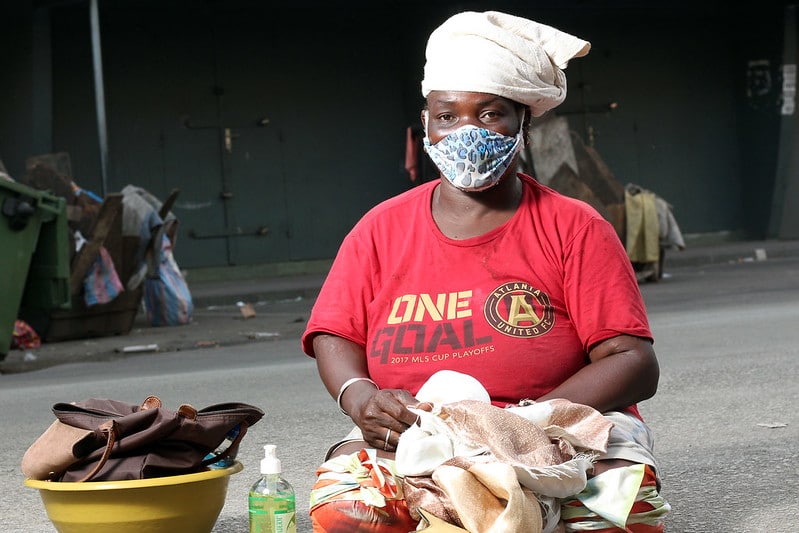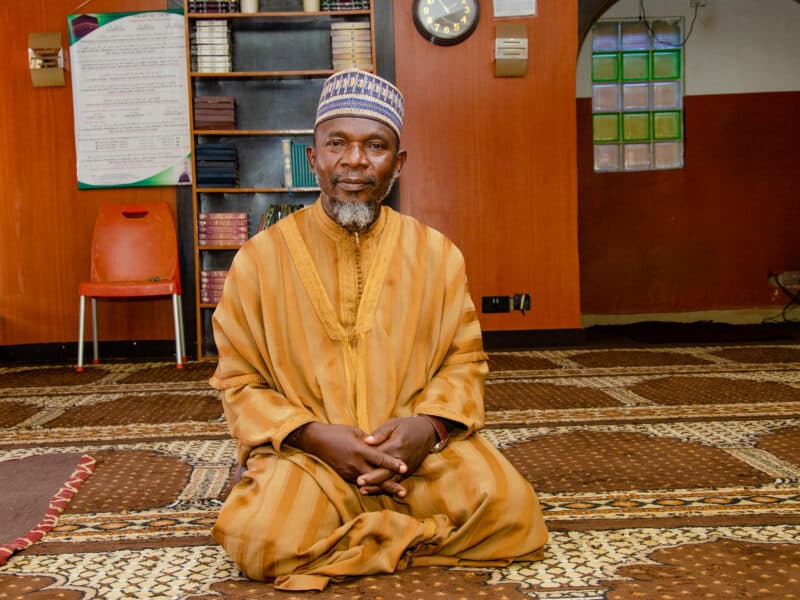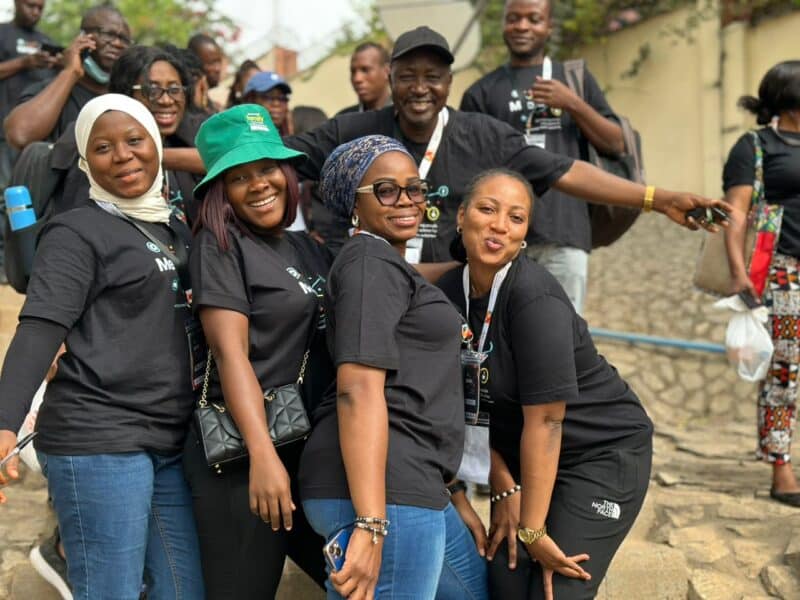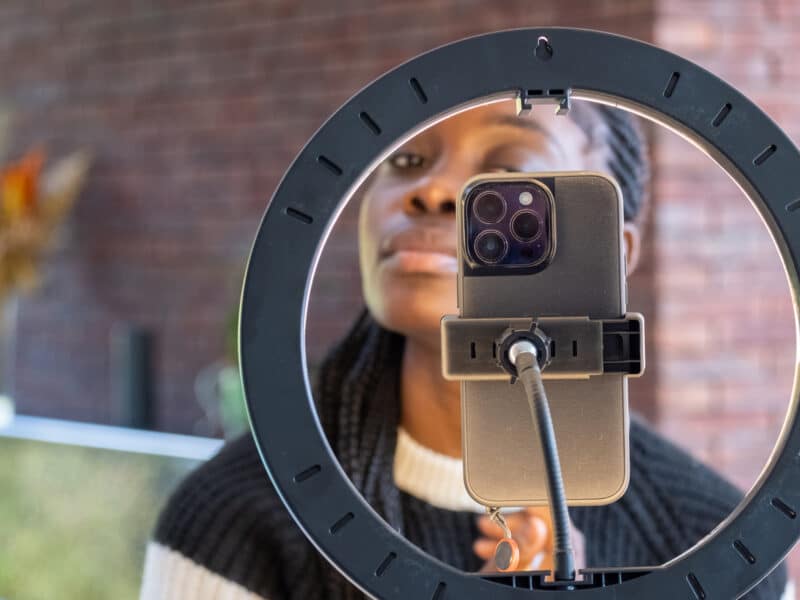Ivorians interviewed in November and December say the threat of becoming sick from COVID-19 is low or gone entirely. Initial fear of the disease has been replaced with a narrative of African immunity to COVID-19 and the ridiculing of people who wear masks or distance from one another in places where it isn’t required.
The Johns Hopkins Center for Communication Programs study involved a series of interviews and focus groups with a cross-section of people living in the city of Abidjan, Côte d’Ivoire, including health care providers and survivors of COVID-19.
The findings could have serious public health consequences. The number of people diagnosed with COVID-19 nationwide since the beginning of the pandemic is more than 28,000 and at least 158 have died of the disease. But those figures have been on the rise recently, concerning public health officials who appear to have a very steep hill to climb to convince Ivorians to again protect themselves. The study also found widespread distrust in COVID-19 vaccines.
“When coronavirus cases and deaths apparently did not explode in Côte d’Ivoire like they had elsewhere, fear of the disease was partially replaced with fear of the stigma related to the disease,” says Danielle Naugle, PhD, CCP’s research & evaluation officer, who led the research.
“Seeing is believing and Ivorians, thankfully, did not see a lot of people dying,” she says. “The real fear we have now is whether a second wave could come and devastate people who overwhelmingly no longer believe this disease threatens them personally, but, rather who view it as is a disease of Europe, of the United States, of China, of anywhere but Africa.”
The research was conducted through conversations with 156 people.
Participants compared the stigma around COVID-19 to the early days of the HIV epidemic. And even though people can recover from COVID, the stigma itself appears to leave a permanent mark.
“The label sticks to your skin: you had COVID,” one survivor told interviewers.
Survivors described being kicked out of their homes, losing their jobs and being ostracized by family, friends and neighbors. Fear of stigma, of being associated with COVID-19 in any way, is leading people to refuse COVID-19 testing, go to great lengths to hide a positive diagnosis and even boycott preventive behaviors, the researchers found.
At first, people in Côte d’Ivoire adhered to public health measures and government lockdowns, Naugle says. But, she says, these measures were not sustainable for a population that largely lives hand-to-mouth. One participant described this dilemma, saying people “are aware of the danger but do not have a choice” to stay home or even physically distance. And once it appeared that Cote d’Ivoire – and much of Africa – had been spared during the first wave, many people coped with their initial fear by deciding it was a “hoax” or a disease that doesn’t affect people in Africa with “stronger immune systems.”
“In Côte d’Ivoire,” one participant said, “we have the impression that COVID is gone, finished.”
The protective measures used to prevent COVID-19 – wearing masks, keeping a distance, limiting the size of gatherings – are now also the object of stigma, despite being accepted in the spring and early summer of 2020. “Because the population has embraced a narrative that COVID is not a threat to Africans, people who practice prevention measures challenge that narrative and are, consequently, mocked and ridiculed,” Naugle says. “People describe neighbors who adopt preventive measures against COVID as naïve, paranoid or weak.”
According to Johns Hopkins University, there have been more than 104 million cases of COVID reported worldwide, killing more than 2.2 million people. In Africa, there have been an estimated 2.5 million cases and roughly 64,000 deaths from COVID.
In order to promote protective health behaviors, CCP and others must strive to accurately communicate risk and effective prevention behaviors while reducing stigma, Naugle says. One strategy is to correct misinformation around the period of contagion to reduce enduring stigma of COVID-19 survivors and their families. Some wrongly believe that people with COVID remain contagious for life.
Another approach would be to highlight how handwashing and mask wearing, for example, can protect against numerous diseases and not just COVID-19. Risk communicators can work with local influencers to publicly adopt and destigmatize desired behaviors, including seeking COVID-19 testing and complying with quarantine.
“But,” Naugle says, “I’m afraid that Ivorians might not relinquish belief in their immunity until many of their friends and neighbors start dying and the danger of COVID-19 becomes far too clear. By then, for many, it will be too late.”





